Top 10 Best MCP (Model Context Protocol) Servers in 2025

The rise of large language models (LLMs) has revolutionized how we interact with technology, but their true potential has always been limited by their inability to interact with the real world.
LLMs are trained on vast, static datasets, meaning they have no direct access to real-time information or the ability to perform actions in external systems.
The Model Context Protocol (MCP) changes that.
Introduced by Anthropic in late 2024 and quickly adopted as an open standard, MCP provides a secure and standardized “language” for LLMs and AI agents to communicate with external tools, databases, and services.
MCP servers are the “smart adapters” that translate complex, real-world requests into a format an AI can understand and act upon.
They are the gateway to an LLM’s full potential, enabling use cases from automating software development workflows to analyzing real-time business data.
The best MCP servers for 2025 are those that are secure, scalable, and offer a wide range of functionalities, bridging the gap between AI and the vast, fragmented world of enterprise data and applications.
This article explores the Top 10 MCP Servers for 2025, highlighting their features and why they are essential for any organization looking to build truly capable AI agents.
Importance Of MCP Servers In 2025
The Model Context Protocol has rapidly become an industry standard for a few key reasons:
Reduced Hallucinations: By giving LLMs access to up-to-date, reliable external data, MCP significantly reduces the problem of AI “hallucinations” (making up incorrect information).
Increased Utility & Automation: MCP transforms LLMs from passive chatbots into active agents that can perform multi-step tasks, automate workflows, and interact with complex systems, making them far more valuable in enterprise settings.
Standardized Integration: Before MCP, every AI-to-tool integration was a custom, one-off project. MCP’s open standard makes it “plug-and-play,” dramatically reducing development time and complexity.
Enhanced Security: The protocol includes security principles for user consent and data privacy, ensuring that AI-driven actions are secure and transparent.
The servers featured on this list are not just tools; they are foundational components of a new AI-powered workflow.
Comparison Table: Top 10 MCP Servers 2025
| Company | Open Source | Supports External APIs | Database Integration | File System Access | Code & Developer Tools |
|---|---|---|---|---|---|
| GitHub | ✅ Yes | ✅ Yes | ❌ No | ❌ No | ✅ Yes |
| MongoDB | ✅ Yes | ❌ No | ✅ Yes | ❌ No | ❌ No |
| Azure | ❌ No | ✅ Yes | ✅ Yes | ❌ No | ✅ Yes |
| Cloudflare | ✅ Yes | ✅ Yes | ❌ No | ❌ No | ✅ Yes |
| JetBrains | ❌ No | ✅ Yes | ❌ No | ✅ Yes | ✅ Yes |
| AWS | ✅ Yes | ✅ Yes | ✅ Yes | ❌ No | ✅ Yes |
| Vectara | ❌ No | ✅ Yes | ❌ No | ❌ No | ❌ No |
| K2view | ❌ No | ✅ Yes | ✅ Yes | ❌ No | ❌ No |
| LangChain | ✅ Yes | ✅ Yes | ✅ Yes | ✅ Yes | ✅ Yes |
| Supabase | ✅ Yes | ✅ Yes | ✅ Yes | ❌ No | ✅ No |
1. GitHub
.webp)
Why We Picked It:
The GitHub MCP Server, an official open-source project from GitHub, is a foundational tool for developers.
It enables AI agents to interact directly with code repositories, automating a wide range of development workflows.
Specifications:
This server exposes a wide range of GitHub APIs, allowing an LLM to browse and search code, create and update issues and pull requests, and perform repository triage.
It supports authentication via OAuth and personal access tokens (PATs) with fine-grained scopes to ensure secure access. It’s a local server implementation, designed to run within the user’s environment.
Reason to Buy:
If you want to use an AI agent to help with code reviews, bug triage, or project management, the GitHub MCP Server is a must-have.
It turns a coding assistant from a static code generator into a dynamic, interactive partner that can perform real-world actions in your repositories.
It’s an essential component for any team looking to boost developer productivity with AI.
Features:
- Direct Repository Interaction: Enables an AI to read and write to your GitHub repositories.
- Workflow Automation: Automates issue tracking, pull request management, and code reviews.
- Secure Authentication: Supports fine-grained permissions via GitHub’s standard authentication methods.
- Official Open-Source Project: Backed by GitHub, ensuring reliability and continuous updates.
- Local Execution: Runs locally, providing high performance and data security.
Pros:
- Deep integration with GitHub.
- Automates key developer workflows.
- Robust security model.
- Open-source and well-maintained.
Cons:
- Limited to GitHub; no support for other Git platforms.
- Requires a personal access token for full functionality.
✅ Best For: Developers and engineering teams seeking to automate and enhance their GitHub-based workflows with AI agents.
🔗 Try GitHub MCP Server here → GitHub Official Website2. MongoDB
.webp)
Why We Picked It:
Database interaction is a critical capability for any AI agent that needs to work with real-time data.
We chose the MongoDB MCP Server because it’s a dedicated, well-built solution that provides a secure, structured way for LLMs to query and manage data in one of the most popular NoSQL databases.
Its focus on security and structured queries ensures that AI agents can be a powerful tool without compromising data integrity.
Specifications:
This open-source server provides a set of tools that let AI agents inspect database schemas, execute read-only queries, and perform structured searches.
It includes built-in support for authentication and access control, ensuring that agents can only access data they are authorized to see. It is maintained by MongoDB and the open-source community.
Reason to Buy:
If your organization relies on MongoDB for its data, this MCP server is an essential piece of infrastructure.
It enables a wide range of use cases, from creating natural language interfaces for data analysis to building autonomous agents that can manage and update database records.
It’s a foundational component for any data-driven AI application.
Features:
- Secure Database Interaction: Built-in support for auth and access control.
- Schema Inspection: Allows LLMs to understand the database structure.
- Structured Queries: Enables AI agents to perform complex, safe queries.
- Official Community Support: Maintained by MongoDB and the open-source community.
- Local Execution: The server can be run locally for enhanced data security.
Pros:
- Deep integration with MongoDB.
- Focuses on secure, structured queries.
- Enables natural language database interaction.
- Backed by a strong developer community.
Cons:
- Exclusive to MongoDB; not compatible with other databases.
- Primarily read-only for safety, which may limit some use cases.
✅ Best For: Data analysts, developers, and enterprises looking to enable AI agents to perform secure, natural-language-based queries on their MongoDB databases.
🔗 Try MongoDB MCP Server here → MongoDB Official Website3. Azure
.webp)
Why We Picked It:
Microsoft’s commitment to AI and its massive enterprise footprint make Azure’s MCP offering a top choice.
We selected it for its seamless integration with the Azure cloud and its ability to connect AI agents with a wide range of services, including Azure SQL, Azure Cosmos DB, and Azure Functions.
It’s a comprehensive, enterprise-grade solution that provides a powerful foundation for building and deploying AI agents within the Azure ecosystem.
Specifications:
The Azure MCP Server is not a single product but a collection of services and SDKs that enable MCP functionality.
It allows AI agents to manage cloud resources, interact with Azure databases, and trigger custom workflows using Azure Functions.
It also leverages Azure’s robust security and identity management features to ensure that all AI-driven actions are secure and auditable.
Reason to Buy:
If your organization is heavily invested in the Microsoft Azure ecosystem, this MCP server is a natural fit.
It allows you to build AI agents that can automate infrastructure management, analyze data from your Azure databases, and interact with your existing cloud applications.
It’s the ideal choice for businesses seeking to leverage AI within their current Azure environment.
Features:
- Deep Azure Integration: Seamlessly connects with a wide range of Azure services.
- Infrastructure Management: Enables AI to manage and monitor cloud resources.
- Database Connectivity: Supports interaction with Azure SQL and Azure Cosmos DB.
- Secure & Auditable: Leverages Azure’s security features for safe operation.
- Scalable & Reliable: Built on the Azure cloud, ensuring high availability.
Pros:
- Comprehensive, enterprise-grade solution.
- Seamlessly integrates with existing Azure services.
- Robust security and identity management.
- Ideal for organizations in the Azure ecosystem.
Cons:
- Tightly coupled with Azure; less useful for multi-cloud environments.
- Can be complex to configure initially.
✅ Best For: Enterprises and developers within the Microsoft Azure ecosystem who need to build, deploy, and manage AI agents that interact with their cloud infrastructure and data.
🔗 Try Azure MCP Server here → Azure Official Website4. Cloudflare

Why We Picked It:
Cloudflare’s unique position at the heart of the internet makes its MCP offering a powerhouse for web-centric AI applications.
We chose it for its ability to provide fast, reliable, and secure access to a wide range of web data and APIs.
It’s an excellent solution for building AI agents that need to perform web scraping, interact with public APIs, or leverage edge computing for low-latency tasks.
Specifications:
The Cloudflare MCP Server is built on the Cloudflare Workers platform, allowing developers to run serverless functions at the edge.
It can be configured to act as a secure proxy for various web services, enabling AI agents to interact with them in a standardized, secure way.
It supports web scraping, API calls, and other web-based interactions, all protected by Cloudflare’s robust security features.
Reason to Buy:
If your AI agent needs to interact with web content, public APIs, or leverage edge computing for performance, the Cloudflare MCP Server is a top contender.
Its global network ensures low latency and high availability, making it an ideal choice for applications that require fast, real-time access to web data.
Features:
- Edge Computing Power: Built on Cloudflare Workers for low-latency interactions.
- Secure Web Interaction: Acts as a secure proxy for web services and APIs.
- Global Network: Ensures high performance and reliability worldwide.
- API Standardization: Translates diverse web APIs into a standardized format for AI.
- Web Scraping Capabilities: Enables AI agents to safely and effectively scrape web content.
Pros:
- High performance due to its global edge network.
- Provides a secure and standardized way to interact with the web.
- Scalable and reliable.
- Ideal for web-centric AI applications.
Cons:
- Less focused on internal, on-premises data sources.
- May require a Cloudflare subscription for full functionality.
✅ Best For: Developers and organizations building AI agents that require fast, secure, and reliable access to web content, APIs, and edge computing resources.
🔗 Try Cloudflare MCP Server here → Cloudflare Official Website5. JetBrains
.webp)
Why We Picked It:
JetBrains is a leader in developer tools, and its MCP server is a perfect example of how the protocol can enhance productivity.
We chose it for its deep integration with popular IDEs like IntelliJ IDEA, PyCharm, and WebStorm.
This server enables AI agents to become truly context-aware, providing code suggestions, refactoring advice, and bug fixes that are tailored to the user’s current project.
Specifications:
The JetBrains MCP Server runs locally within the user’s IDE.
It exposes a rich set of tools that allow an AI agent to read and write files, get real-time context from the code base (e.g., function definitions, class hierarchies), and interact with Git.
It provides a level of contextual awareness that is unparalleled, making AI-powered coding assistants far more effective.
Reason to Buy:
If you’re a developer who uses a JetBrains IDE, this MCP server is an essential tool.
It transforms your AI coding assistant from a generic helper into an intelligent partner that understands your project, your code, and your workflow.
It’s the ideal choice for developers who want to leverage the power of AI to boost their productivity.
Features:
- IDE Integration: Deeply integrated with JetBrains IDEs.
- Local File Access: Enables an AI to read, write, and manage project files.
- Real-Time Context: Provides AI with a full understanding of the code base.
- Version Control Integration: Allows an AI to interact with Git.
- Secure Local Operation: All data stays on your machine, ensuring privacy.
Pros:
- Unparalleled contextual awareness within the IDE.
- Enhances developer productivity significantly.
- Secure and private as it runs locally.
- Seamless integration with a popular tool.
Cons:
- Limited to the JetBrains ecosystem.
- Not a standalone solution.
✅ Best For: Developers using JetBrains IDEs who want to enable their AI coding assistants with real-time, project-specific context.
🔗 Try JetBrains MCP Server here → JetBrains AI Official Website6. AWS

Why We Picked It:
AWS is a dominant force in cloud computing, and its MCP server is a critical tool for any organization that relies on AWS.
We chose it because it provides a standardized, secure way for AI agents to interact with the entire AWS cloud.
This server is a foundational component for building autonomous agents that can manage and optimize cloud infrastructure, query databases, and perform other critical tasks within the AWS environment.
Specifications:
This open-source server exposes a range of AWS APIs, allowing AI agents to perform tasks like managing EC2 instances, querying data from S3 buckets, and analyzing logs from CloudWatch.
It provides fine-grained access control and leverages AWS’s identity and access management (IAM) framework to ensure secure operation. It’s a powerful tool for automating cloud operations.
Reason to Buy:
If your organization is heavily invested in AWS, this MCP server is a must-have.
It enables a wide range of use cases, from building AI assistants that can provide real-time cost analysis to creating autonomous agents that can automatically scale your cloud infrastructure based on demand.
It’s an essential tool for any cloud-centric organization.
Features:
- Comprehensive AWS Integration: Connects with a wide range of AWS services.
- Cloud Operations Automation: Enables AI to manage and optimize cloud resources.
- Secure & Auditable: Leverages AWS IAM for robust security.
- Open-Source Project: Maintained by AWS Labs and the open-source community.
- Scalable: Built to handle large-scale, enterprise-level operations.
Pros:
- Deeply integrated with the AWS ecosystem.
- Ideal for automating cloud operations.
- Robust security model.
- Backed by AWS and the community.
Cons:
- Tightly coupled with AWS; not a good fit for other clouds.
- Can be complex to configure with IAM.
✅ Best For: DevOps teams and cloud engineers who want to automate the management and optimization of their AWS infrastructure with AI agents.
🔗 Try AWS MCP Server here → AWS Labs GitHub7. Vectara
.webp)
Why We Picked It:
The Vectara MCP Server is a perfect example of a specialized tool that enhances a key AI capability: information retrieval.
We chose it for its unique focus on providing a powerful RAG engine.
It allows AI agents to perform semantic searches on vast, unstructured datasets, enabling them to find and cite specific information from documents, knowledge bases, and more.
This is a critical capability for building AI agents that can provide truthful, factual, and verifiable responses.
Specifications:
The Vectara MCP Server exposes Vectara’s core functionalities, allowing an AI agent to perform complex queries on its knowledge base.
It can handle a wide range of data types and supports advanced filtering and search capabilities.
It is a hosted service, meaning it can be easily integrated into any AI application without the need for complex local setup.
Reason to Buy:
If your AI application needs to provide factual, verifiable answers by searching through a large corpus of documents, the Vectara MCP Server is an excellent choice.
It’s ideal for building customer support chatbots, research assistants, or any application that needs to retrieve accurate information from a knowledge base.
Features:
- Specialized RAG Engine: Provides a powerful tool for information retrieval.
- Semantic Search: Allows AI to find relevant information from a knowledge base.
- API Standardization: Translates Vectara’s APIs into a standardized MCP format.
- Hosted Service: No need for local setup or maintenance.
- Scalable & Reliable: Built on a hosted platform, ensuring high availability.
Pros:
- Specialized and highly effective for RAG.
- Provides factual, verifiable information.
- Easy to set up and use.
- Ideal for knowledge base and documentation-based AI applications.
Cons:
- Not a general-purpose server; limited to RAG use cases.
- Requires a Vectara subscription.
✅ Best For: Organizations building AI agents that require a powerful, dedicated Retrieval-Augmented Generation (RAG) engine for accurate, fact-based information retrieval.
🔗 Try Vectara MCP Server here → Vectara Official Website8. K2view
.webp)
Why We Picked It:
The K2view MCP Server stands out for its focus on providing a unified, real-time view of data, which is a common challenge for enterprise AI.
We chose it for its ability to provide AI agents with a “digital twin” of a customer or business entity.
This allows an AI to understand the full context of a customer, from their interactions to their purchase history, enabling more personalized and effective AI-driven experiences.
Specifications:
The K2view MCP Server exposes a data fabric that gives AI agents a real-time, unified view of a business entity.
It can pull data from a wide range of disparate systems, including CRMs, ERPs, and legacy databases, and present it to an AI in a single, standardized format.
It’s a hosted service that can be customized to fit any enterprise environment.
Reason to Buy:
If your organization needs to build AI agents that can provide personalized customer experiences or make data-driven decisions based on a holistic view of your business, the K2view MCP Server is an excellent choice.
It solves the complex problem of data fragmentation, providing a single source of truth for your AI agents.
Features:
- Unified Data View: Provides a single, real-time view of customer and business data.
- Data Fragmentation Solution: Pulls data from disparate systems into a single fabric.
- Entity-Based Approach: Focuses on providing a “digital twin” of a customer or entity.
- Secure Data Access: Leverages K2view’s security features for safe operation.
- Hosted & Customizable: Can be deployed and configured for any enterprise.
Pros:
- Solves a critical data fragmentation problem.
- Enables highly personalized AI experiences.
- Provides a holistic, real-time view of data.
- Ideal for building enterprise-grade AI agents.
Cons:
- Not a general-purpose server; requires a specific use case.
- Requires a significant investment in the K2view platform.
✅ Best For: Enterprises looking to build sophisticated AI agents that require a unified, real-time view of customer and business data from a wide range of disparate sources.
🔗 Try K2view MCP Server here → K2view Official Website9. LangChain
.webp)
Why We Picked It:
LangChain’s MCP server is a top contender because it leverages the framework’s vast ecosystem of tools and integrations.
We chose it for its flexibility and its ability to connect an AI agent to almost any data source or API.
It’s an excellent choice for developers who want to build custom, complex AI applications and need a server that can easily integrate with a wide variety of tools.
Specifications:
The LangChain MCP Server is an open-source project that can be configured to interact with a wide range of LangChain tools and agents.
It can connect to databases, APIs, and other services, and it can be customized to perform complex, multi-step workflows. It’s a highly flexible and powerful solution for building advanced AI applications.
Reason to Buy:
If you’re a developer who is already using or planning to use LangChain to build your AI applications, this MCP server is a natural and powerful choice.
It leverages your existing knowledge of the framework and provides a flexible, robust way to add real-world capabilities to your AI agents.
Features:
- Extensive Integrations: Connects with a wide range of LangChain tools and APIs.
- Highly Flexible: Can be customized to fit any use case or workflow.
- Open-Source & Community Driven: Backed by the vast LangChain community.
- Database & File System Access: Provides a wide range of functionalities.
- Customizable Workflows: Can be configured to perform complex, multi-step tasks.
Pros:
- Highly flexible and customizable.
- Leverages the vast LangChain ecosystem.
- Excellent for building complex, custom AI applications.
- Backed by a strong developer community.
Cons:
- Requires a good understanding of the LangChain framework.
- Can be complex to set up for new users.
✅ Best For: Developers who use the LangChain framework and need a highly flexible, open-source MCP server to build custom, complex AI applications with a wide range of tools.
🔗 Try LangChain MCP here → LangChain GitHub10. Supabase
.webp)
Why We Picked It:
Supabase is an increasingly popular choice for developers, and its MCP server provides a simple, effective way to connect AI agents to a PostgreSQL database.
We chose it for its ease of use and its focus on providing a seamless experience for developers.
It’s an excellent solution for building AI agents that need to perform database operations, authentication, or other tasks using the Supabase platform.
Specifications:
The Supabase MCP Server is an open-source project that exposes a set of tools for interacting with Supabase services.
It can be used to perform SQL queries, manage user authentication, and trigger serverless functions.
It is a great choice for developers who want to build AI-powered applications on the Supabase platform without a lot of setup and configuration.
Reason to Buy:
If you’re a developer who is using or considering using Supabase for your backend, this MCP server is an excellent choice.
It provides a simple, seamless way to integrate your AI agents with your Supabase database and other services, allowing you to build powerful, full-stack AI applications with ease.
Features:
- PostgreSQL Database Integration: Enables AI to perform SQL queries on your Supabase database.
- Authentication & User Management: Supports AI-driven user management and auth.
- Serverless Function Triggers: Allows AI agents to trigger custom workflows.
- Open-Source & Easy to Use: Backed by the Supabase community, with a focus on ease of use.
- Hosted Service Integration: Works seamlessly with the hosted Supabase platform.
Pros:
- Easy to set up and use.
- Seamlessly integrates with the Supabase ecosystem.
- Excellent for building full-stack AI applications.
- Backed by a strong open-source community.
Cons:
- Tightly coupled with Supabase.
- May not be as feature-rich as other, more specialized servers.
✅ Best For: Developers using the Supabase platform who need a simple, effective, and open-source way to connect their AI agents to a PostgreSQL database and other services.
🔗 Try Supabase MCP Server here → Supabase Official WebsiteConclusion
The rise of the Model Context Protocol marks a significant turning point in the evolution of artificial intelligence.
It transforms LLMs from intelligent but isolated systems into connected, capable agents that can interact with the real world.
The Top 10 MCP Servers of 2025 are at the forefront of this transformation, each providing a unique and valuable gateway to a world of external data and functionality.
Whether you’re a developer building a custom application, an enterprise looking to automate business processes, or a data analyst seeking to enable natural language queries, there is an MCP server on this list that can help you achieve your goals.
By embracing the power of MCP, organizations can unlock the true potential of AI, building applications that are more accurate, more useful, and more deeply integrated into our digital lives.
This video provides a technical walkthrough of the Model Context Protocol, explaining its core components and showcasing how to build an MCP-powered server.
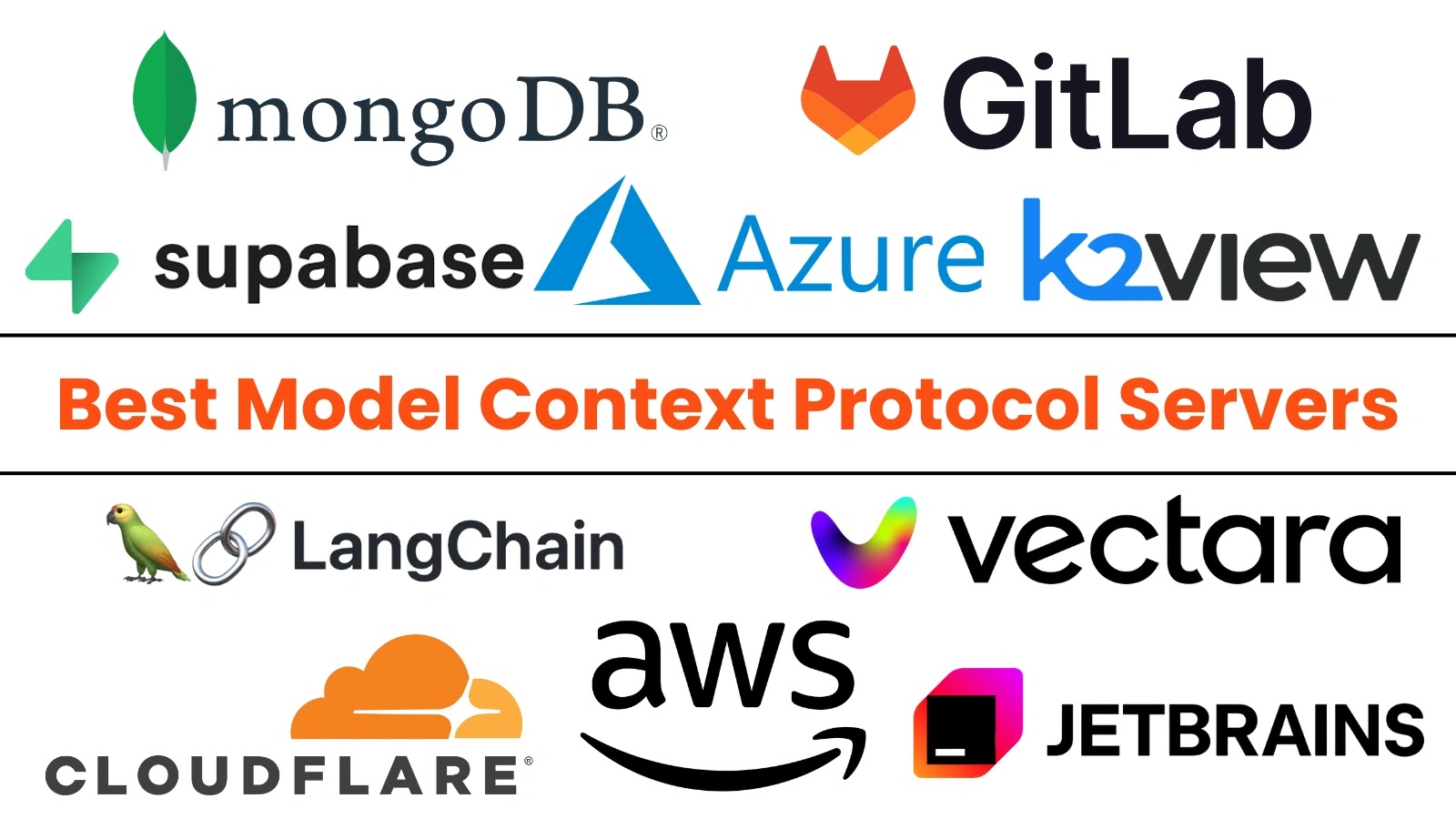
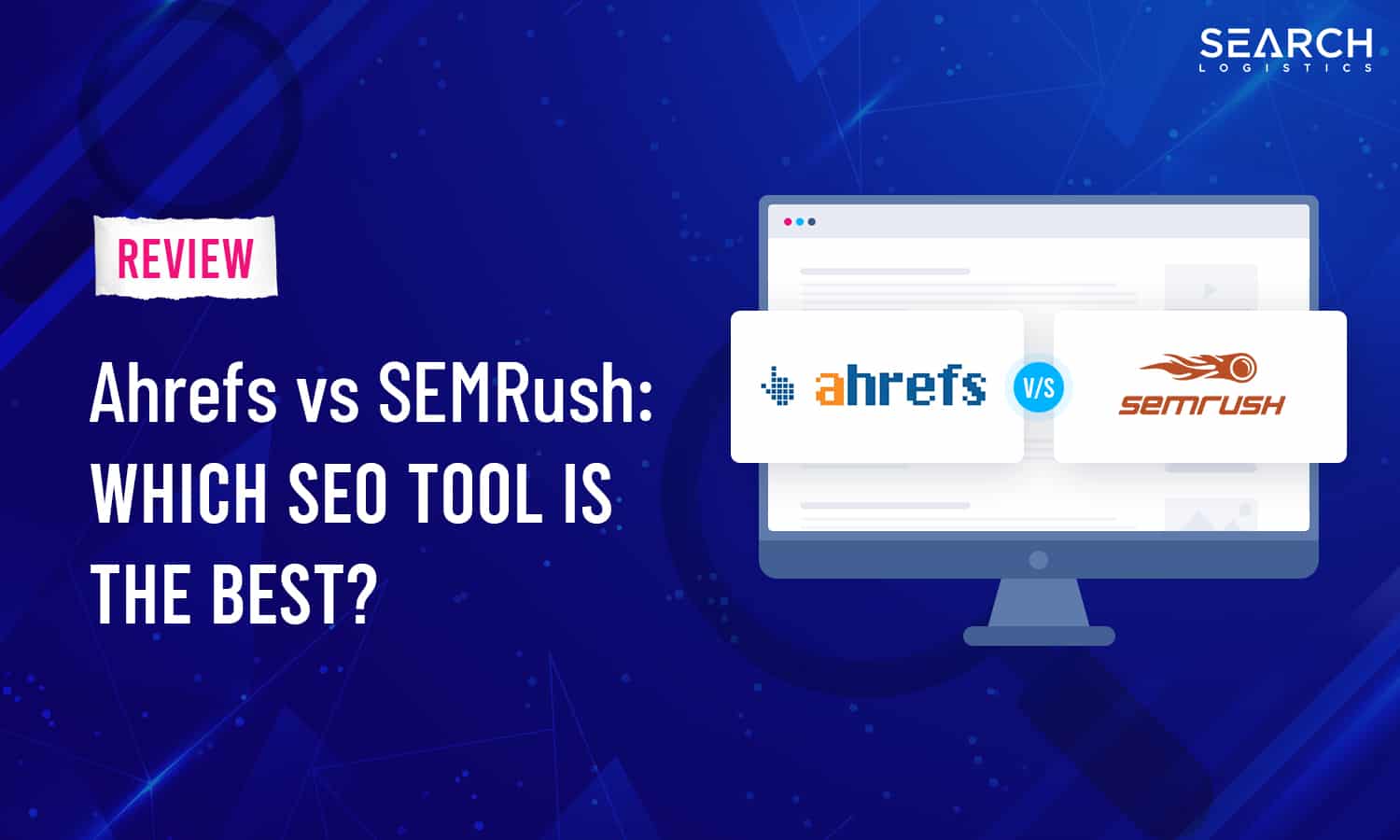
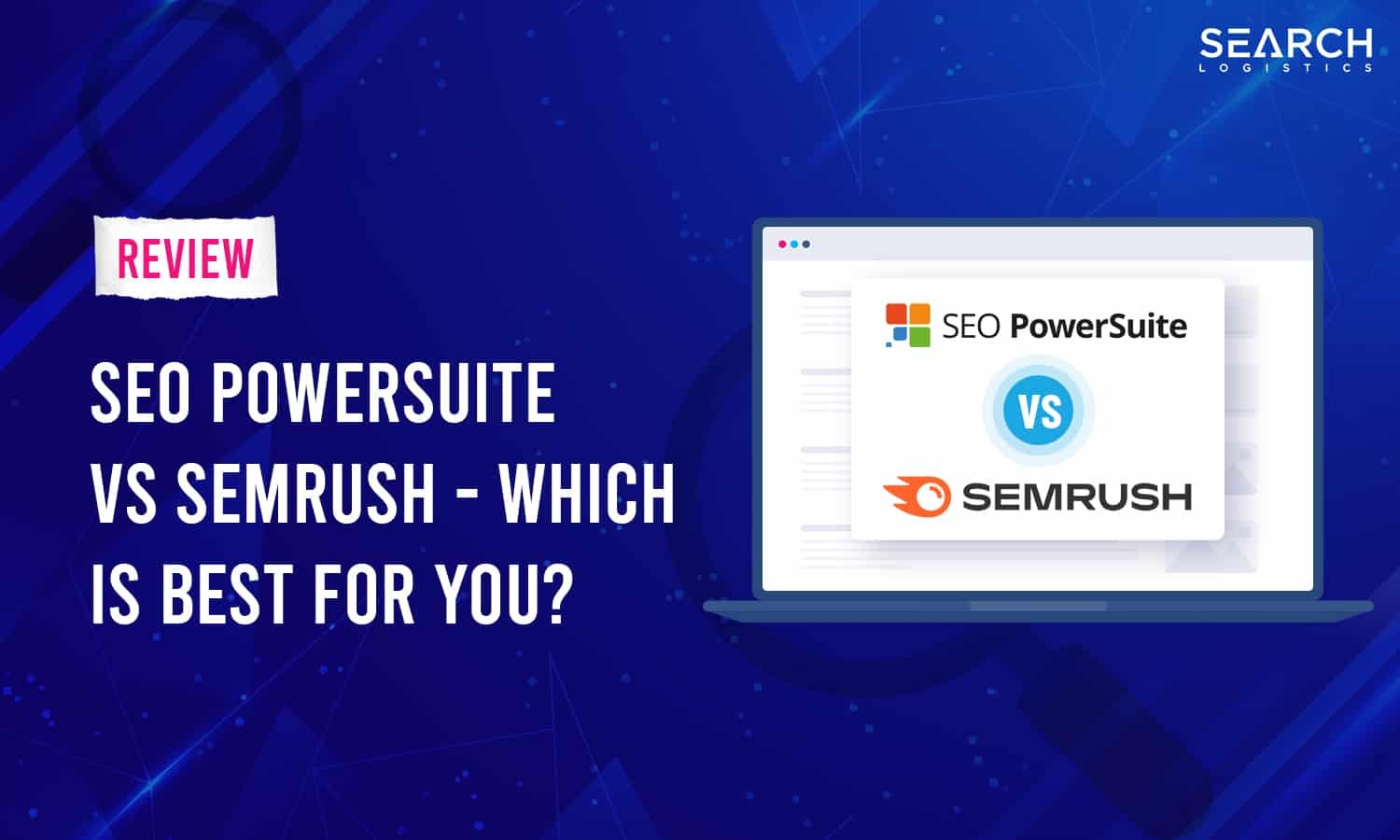
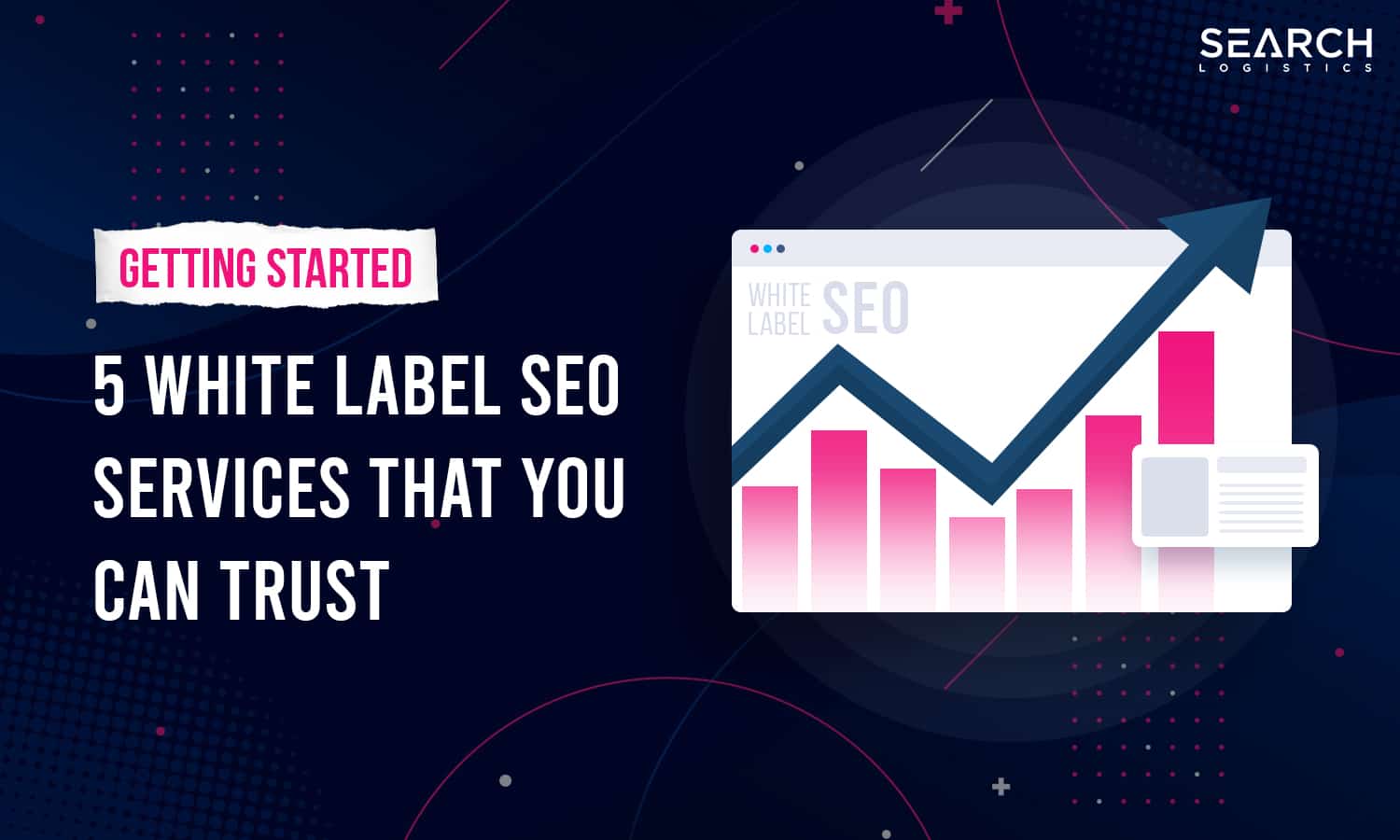




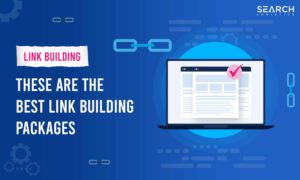


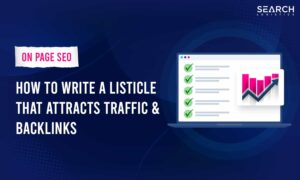


Post Comment